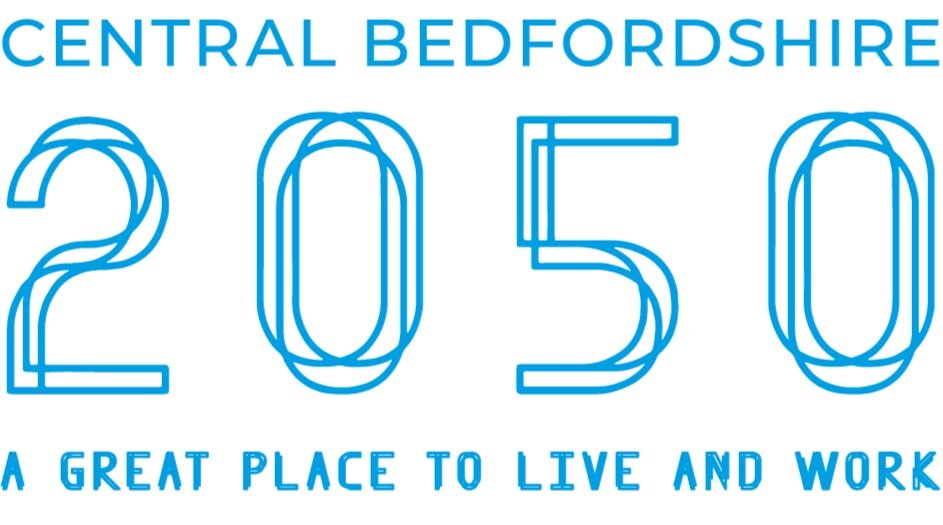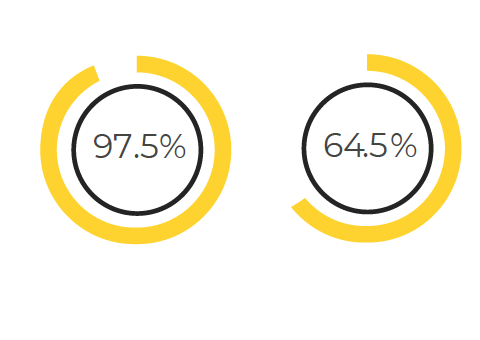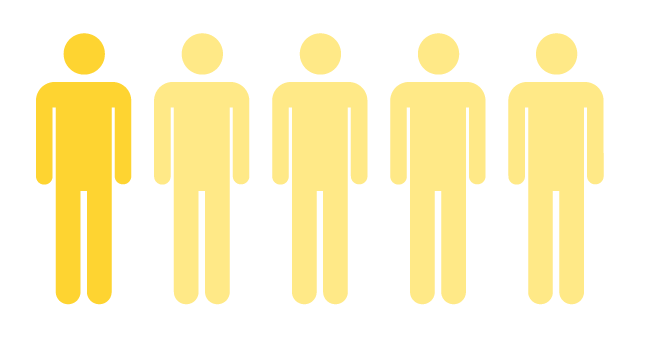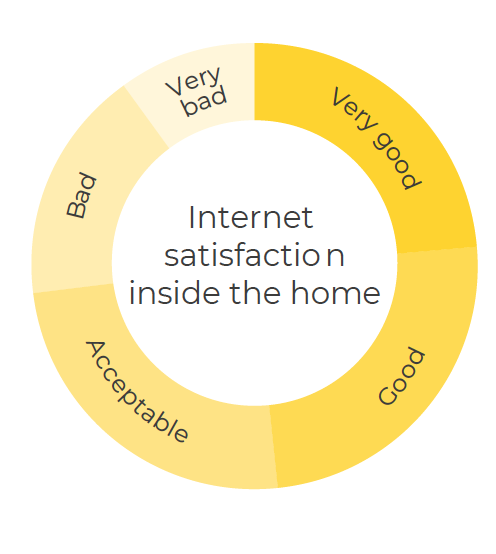Digital working for us
We want to ensure all generations feel ready for a new digital age. Technology and data will be used only where it improves our lives.
Opportunities
Digital technologies present an opportunity to play a role in reducing the social isolation associated with an ageing population.
The delivery of new housing and commercial space presents opportunities to integrate digital initiatives into new developments and secure planning gain for existing communities.
We have the opportunity to re-focus life long learning with the digital skills sector a primary focus to ensure that the deficiencies in this area identified by SEMLEP are overcome.
Challenges
Not all in Central Bedfordshire currently have sufficient digital skills. If this digital skills divide persists there is a risk that some are left behind economically and socially.
There are pockets of deprivation in Central Bedfordshire where education and skills challenges exist. Residents in these locations may have challenges accessing digital technologies in both a cost and skills capacity.
Whilst digital technology can act as part of the blend of reducing loneliness, enhanced remote working and working from home may in fact increase isolation. Ensuring the delivery of flexible working environments will provide an outlet to increase co-mingling and integration amongst remote workers.
Trends
Broadband deployment
Broadband deployment within the area remains ongoing and will achieve 97.5% Superfast coverage by mid-2019. Central Bedfordshire’s broadband is currently achieving 64.5% Ultrafast speeds.
Digital technology
Last year, the UK tech sector attracted £6.3 billion in venture capital investment, outperforming the rest of Europe. But more than 12 million adults in England, and one in five adults in Scotland lack the skills they require to use digital technologies.
Resident satisfaction
Resident results showed a general satisfaction with internet access inside their homes and in libraries. That said, only 5% of respondents reported having access to 100+Mbps (Ultrafast) and 27% felt their access to the internet was bad or very bad.
What we heard
“In the future, we will have advanced technology. We will be electric, we will harness VR and online tech.”
“Less AI!”
“We need to consider the public health impacts of current and future technologies.”
“How do we give people the skills to run the technology…
rather than the technology run them?”







